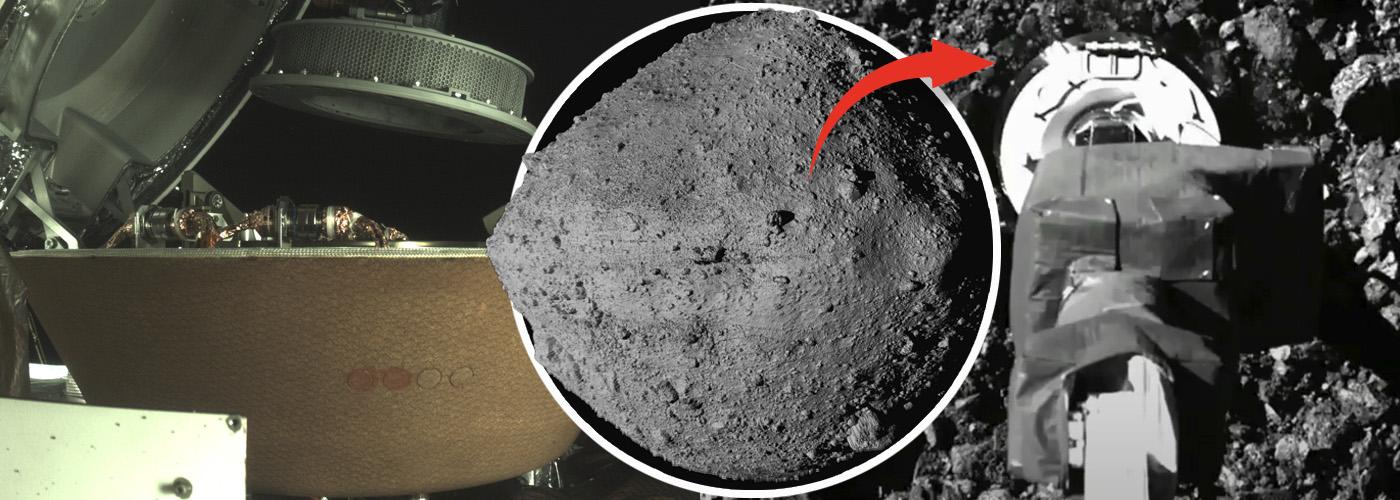
The space
The space probe back on Earth after seven years
Daniel Nilsson,
Nora Fernstedt
Updated 18:05 | Published 15:34
News
The space probe was sent off to provide answers about the origin of life.
Now it has landed on earth again - after seven years on the move.
Seven years ago, the American space agency Nasa launched the capsule Osiris Rex to collect samples from the asteroid Bennu.
The project has cost over 800 million dollars and will contribute to greater knowledge of how our solar system came into being four and a half billion years ago.
NASA illustration of Osiris Rex at Bennu. Photo: AP
Been traveling for more than two years
The important cargo consists of 250 grams of rock and space dust collected in the capsule.
Osiris-Rex began its journey home two years and four months ago in May 2021, after shutting down to conserve energy during the journey.
The probe collected rock and gravel from the asteroid Bennu. Photo: AP
There was uncertainty about whether the space capsule would be able to land as planned. The weather could have caused it.
- Getting space samples back is difficult. There is a lot that can go wrong, Sandra Freund, program manager for Osiris-Rex at the aerospace company Lockheed Martin, has previously said according to TT.
But everything went as expected - Osiris Rex struck a military area in Utah at 16:59 Swedish time - three minutes earlier than expected, according to Nasa.
Osiris Rex has been gone for seven years. Photo: AP
May collide with the earth
The asteroid Bennu and the Earth move in similar orbits around the Sun and are estimated to be about 500 meters in diameter. But Bennu's orbit is changing and during the end of the 21st century it is estimated to come very close to Earth, even on a collision course.
The asteroid Bennu is as big as the Empire state building. Photo: AP
Nasa has estimated that the risk of an impact is 1 in 2,700, which means that the chance that the Earth will not be hit is 99.963 percent.
If Bennu were to hit Earth in the future, it would be a huge natural disaster but it would not mean the end of humanity.
- It is not an asteroid that can destroy the earth. We are nowhere near that level of energy in an impact, Osiris-Rex principal scientist Dante Lauretta told Space.com in 2020.
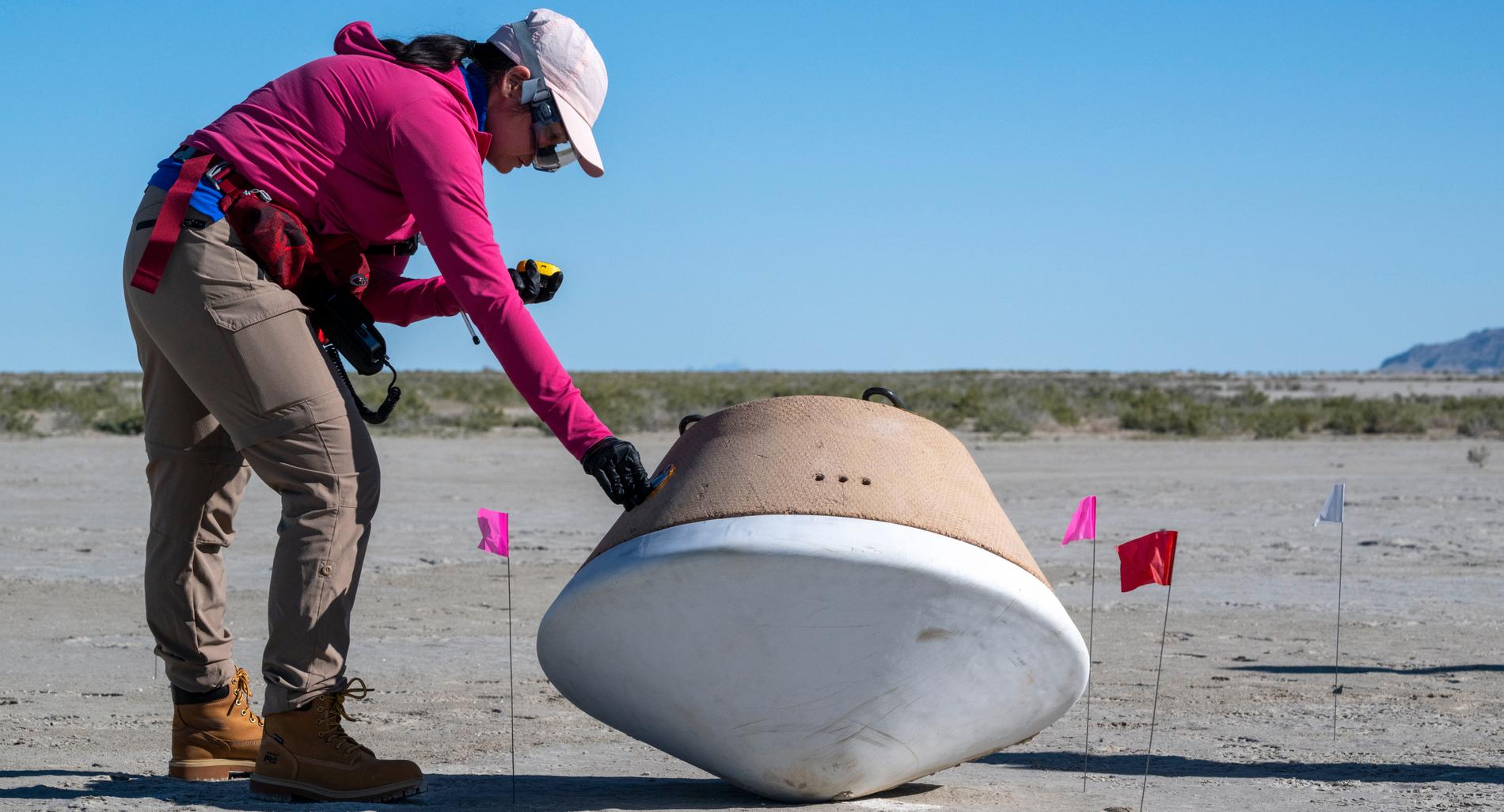
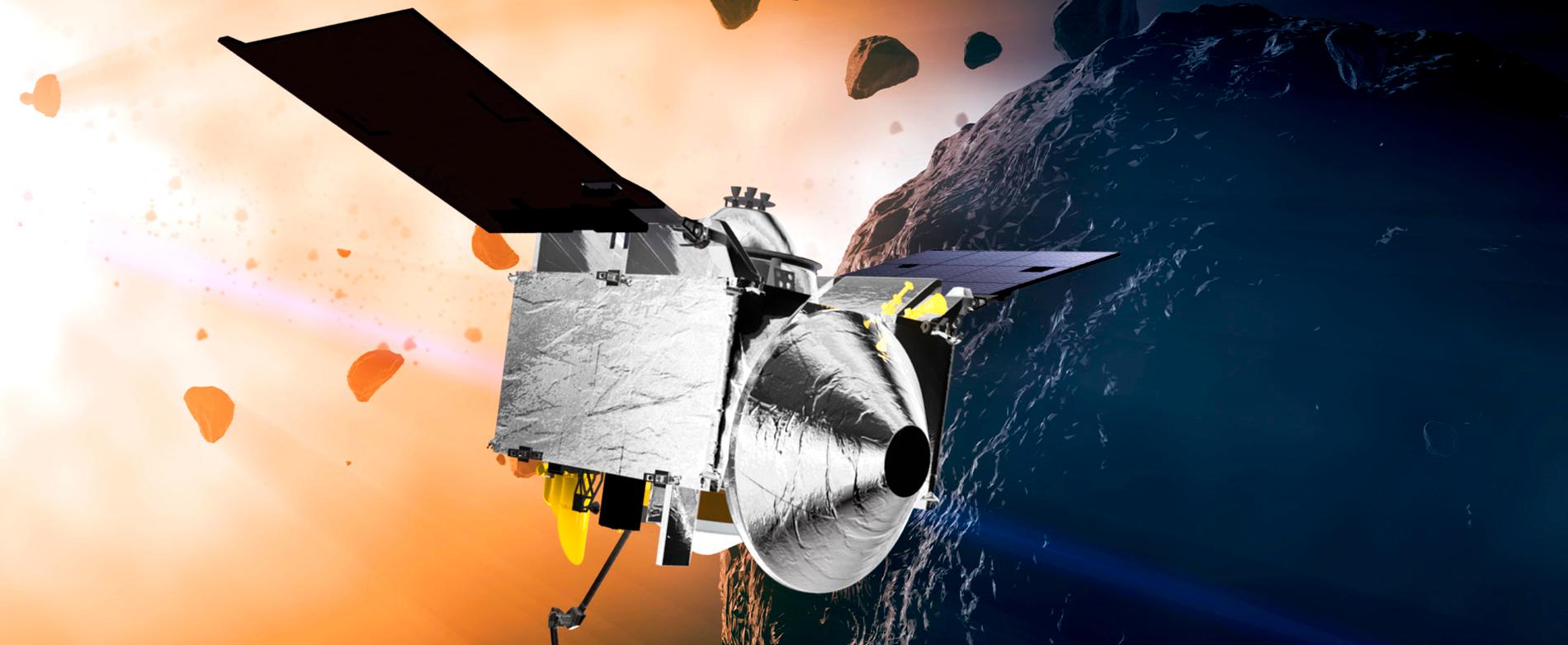
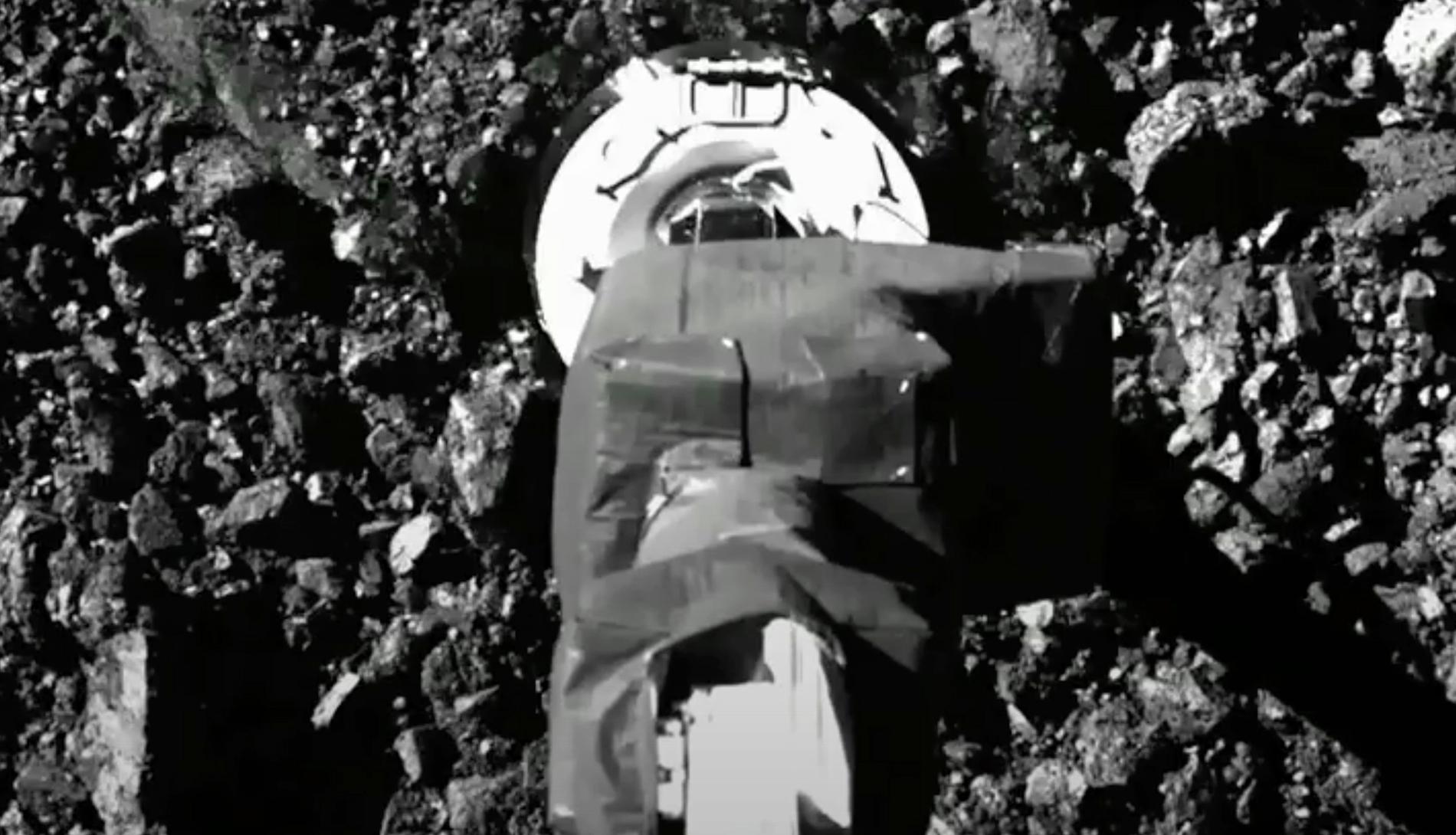
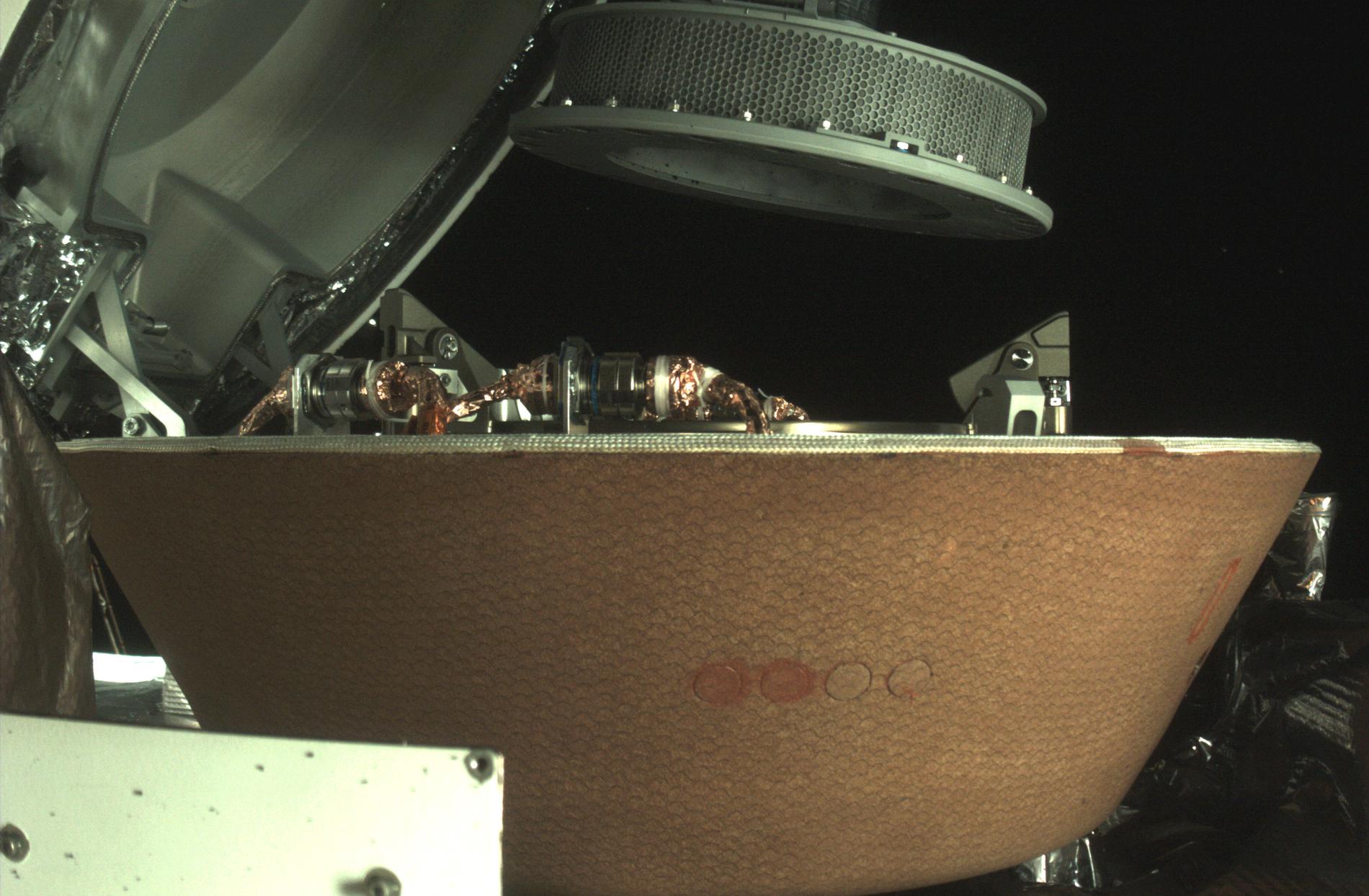
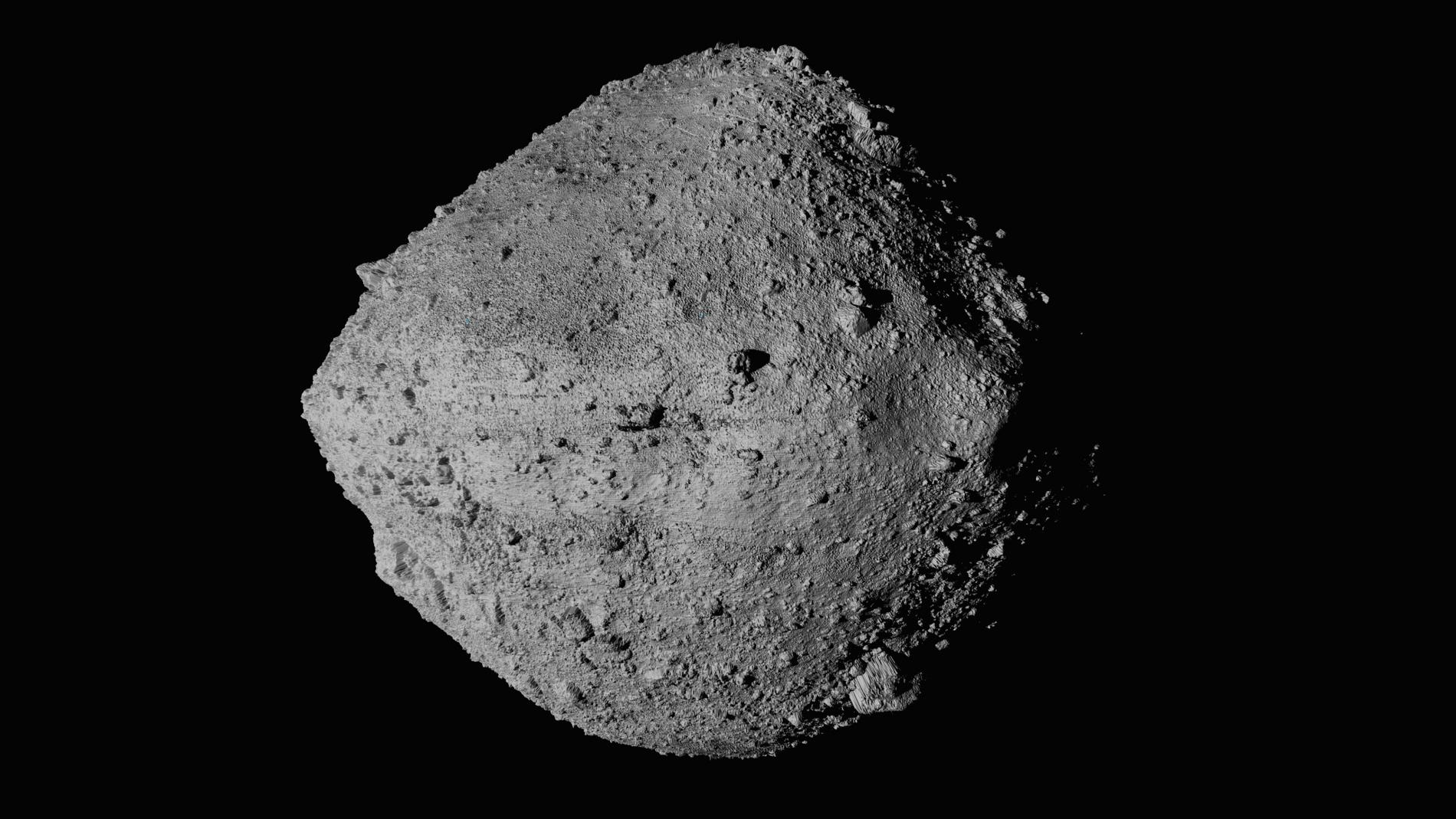
Inga kommentarer:
Skicka en kommentar